The Aviation industry in 2022 went through several challenges that it needed the grace of God to survive a year local stakeholders believe other countries’ air markets would have crashed.
These challenges were reflected in the aviation industry’s contribution to the gross domestic product (GDP) of Nigeria last year, as it declined by -61.5 per cent quarter-on-quarter.
Join our WhatsApp ChannelAccording to the National Bureau of Statistics (NBS), the aviation industry contributed N84.7 billion to the Nigerian economy in the first quarter. The figure fell to N32.6 billion in the second quarter of last year.
The statistic office also said in its road transport sector report that Air transport GDP growth fell to 14.58 per cent in Q3 2022, from 22.45 per cent recorded in the second quarter of 2022.
During the year in review, Aero Contractors suspended operations, stating it couldn’t bear the impact of the challenging operating environment on its daily operations.
Challenges that threatened aviation industry growth
- Aviation fuel crisis
Airline operators struggled with the cost of operation driven up by Jet A1, also known as Aviation fuel. Last year, the product rose as much as 200 per cent, to N900 per litre, from N300 per litre.
The surge in fuel prices was on the back of scarcity of the product in the global and local markets due to the war between Russia and Ukraine that began in February 2022.
Following the hike in the price of Jet A1, and with petroleum products accounting for about 70 per cent of airline operators’ daily cost, they began to include the cost onto flight ticket price, raising air fares by about 100 per cent to squeeze out a profit.
As a result, the volume of air passengers began to drop, affecting flight departures which dropped from 187 flights in the first week of July 2022 to 172 in the first week of August, as aircraft fly half-empty.
During that period, flight arrivals in Nigeria dropped to 140 in the second month of the third quarter, from 225 flight arrivals recorded in July.
“It was just about this time last year we raised the alarm about increasing wave of the aviation fuel. Then we were at N300 and something, we were afraid it will get to 500.
“Before we know it, it was N500, N600, got over N900 and something, and then it was chasing a 1000 naira. Those were happening within the space of one year,” Chairman of United Nigeria Airlines, Obiora Okonkwo said in a TVC News interview.
Air Peace founder, Allen Onyema, while speaking about the impact of fuel hike on flight tickets, said: “When aviation fuel was N400 per litre, we cried out. We never knew the thing could go to over N900 one day.”
“So you can imagine the unit cost per seat on the aircraft when you look at the kind of aircraft Nigerian airlines use, it is about N67,000 to N68,000 per unit cost, that is we must not charge below that amount and anything below that amount, you run into a problem.
“But you see airlines charging N50,000, N40,000 just to have some revenue but at the end of the day that is not sustainable at all. Something may give way. But it is happening,” Onyeama told Daily Trust.
Recall that during the year, members of Airline Operators of Nigeria (AON); Air Peace, Overland Airways, Arik Air, MaxAir, Azman Air, United Nigeria Airlines, Dana Airlines, Aero Contractors, and Ibom Air had threatened to shut down operation in May 2022 due to aviation fuel crisis, but later halted the decision.
- Forex scarcity, naira devaluation crisis
While the airline operators were battling with fuel hike on one hand, they were also being pummeled by the devaluation of the naira, as foreign exchange scarcity run riot in 2022.
The naira weakened by -9.18 per cent in value in the black market and the dollar appreciated by 30.9 per cent last year.
Prime Business Africa gathered that the rise in dollar value means that the airline operators had to exchange many Nigerian banknotes to buy a few USD to maintain their aircraft, and import parts, amongst others.
“… we were dealing with foreign exchange of about $500, you know that’s at the parallel market and then it was available even at the I and E window if you have enough naira to purchase that.
“But within a very short time, it went to $600, $700, $800, chasing $900 to $1000. That was major, and worse of all, it became unavailable,” Okonkwo said.
Onyema also voiced a similar concern, stating: “If you are talking about foreign exchange (forex), those challenges are still there. It is very difficult to procure forex and when you see it, it comes at a high cost and our ticket fare, the only source of revenue for the airlines, is in naira and remember all our operations are dollar-denominated except the catering that you bring onboard the aircraft. So it is a very huge challenge for the airlines in the country.”
Face-off between airline operators and fuel marketers
- Unpatriotic oil marketers
The fuel crisis led to a faceoff between airline operators and oil marketers. The former accused the latter of creating artificial fuel scarcity to increase product prices, while the oil marketers faulted the domestic airlines for buying fuel only when they are out.
Okonkwo said the oil marketers were unpatriotic for raising the price of Jet A1. He revealed: “The logistics challenges that were also noticed brought about scarcity. And then more importantly, was the unpatriotic approach of the marketers, the vendors, and all who are involved in that circle of importation, distribution, up to the pump of the aircraft.
“We noticed a whole lot of unpatriotic billings, that was when we cried out for what we called racketeering, cause even at the depreciation of naira and then the scarcity at the international market, it was not supposed to be as high as that.
“We are still convinced that you could still sell this product about N500, so even those scarcity were artificial to make the cost very, very high.”
Impromptu customers:
According to the Executive Secretary of the Major Oil Marketers Association of Nigeria (MOMAN), Clement Isong, the airlines fail to sign a long-term contract to purchase aviation fuel like their foreign counterparts, as a result, the domestic airlines are left to share the little left after the international operators have been supplied.
Isong said: “We have contract customers who are international airlines. These people sign business agreements with us over some years.
“So, if I have a contract that allows me to recover my costs, I will do all it takes to keep products in my tank for such an airline. But local airlines don’t sign contracts with us. They come to us only whenever it is convenient for them.”
Outlook for 2023
- Battle to stop Nigeria Air lift off
2023 will most likely be a year to remember for many airline operators in Nigeria due to the faceoff between the domestic airlines and the Federal Government.
The AON dragged FG to court over the establishment of Nigeria Air and its agreement with foreign rival, Ethiopian Airlines. The domestic airlines said the deal between the government and the Kenyan operator will lead to revenue loss for them.
Ethiopian Airlines had been offered a 49 per cent stake in Nigeria Air in exchange for an undisclosed sum, which will most likely be financed by creditors.
Also, the company had requested 15 years tax break to acquire the shares, as well as an indemnification, that will see the government bear the debt of Ethiopian Airlines tied to its investment in Nigeria Air, should in case it is unable to service the credit from lenders.
- Single vs double-digit loan
The cost of operation in the aviation industry is expected to remain high, as airline operators are unable to access affordable loans from commercial banks.
It was learnt that credit to airline operators carries about 25 per cent to 30 per cent, making funding of operations difficult for the aviation stakeholders.
The banks are not accepting expensive equipment as collateral, they still request more cash or get other properties to support a loan application.
Okonkwo asked that the government should find a way to enable single-digit loans for airline operators, to help keep costs down.
- Election period effect
According to Okonkwo, the presidential election will have an impact on the aviation sector, as the candidates have their policies expected to be implemented.
“What will happen this year in the aviation industry is dependent on how peaceful the election ends, and the policies of the government that comes,” he said.
The air transport investor said he hopes the eventual elected President between Peter Obi, Bola Tinubu and Atiku Abubakar will take the aviation industry more seriously, and create the necessary enabling environment because it has proven to be a very good source of revenue.
It was also gathered that the new government has to repay loans obtained from China for aviation airport development, and the capital needed to repay will have to come from the aviation sector, which is being threatened by the deal between the FG and Ethiopian Airlines.

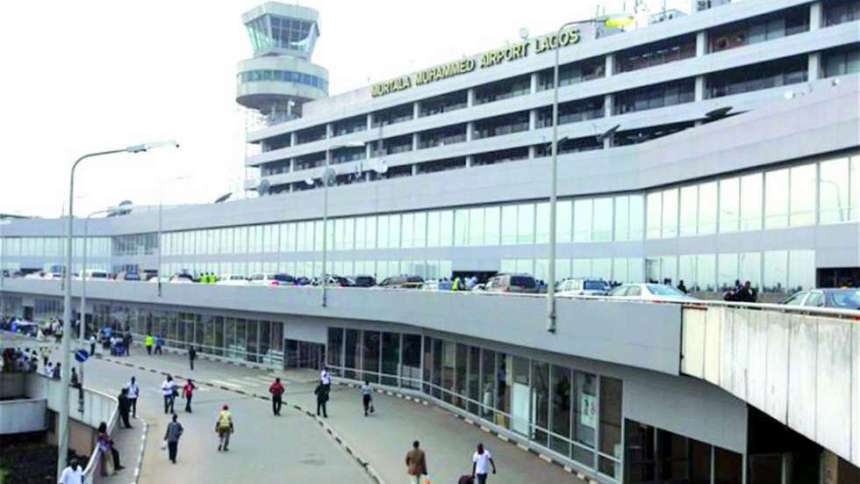
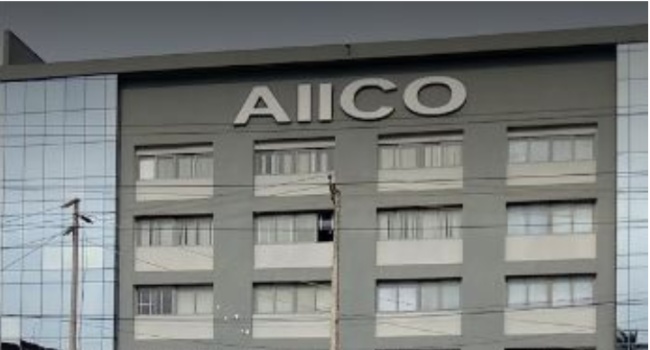

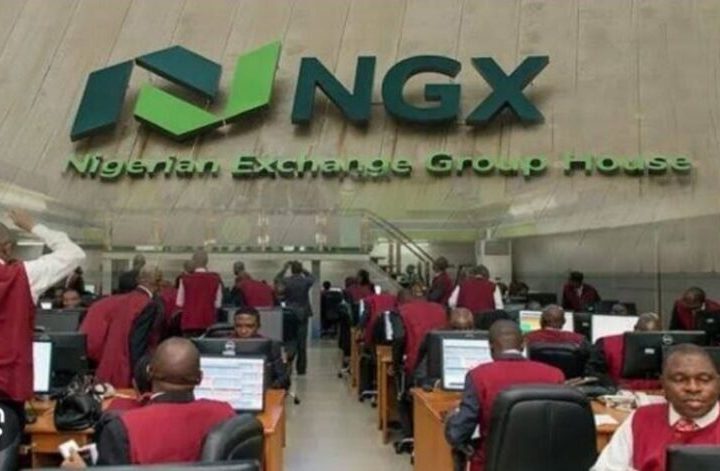







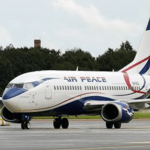



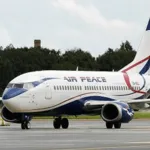
Follow Us